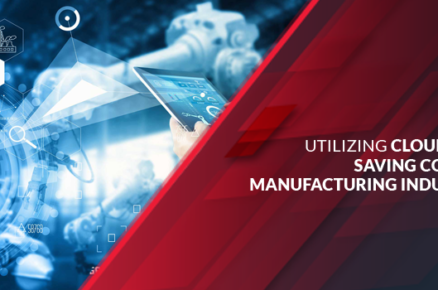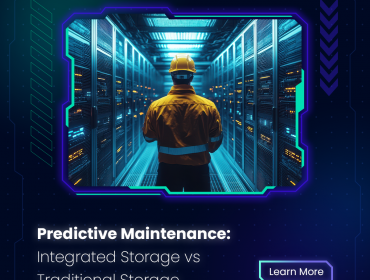Containers are versatile and they function on bare-metal servers, cloud servers or a single virtual machine on a server. They transcend Linux by functioning on some Mac or Windows-based operating systems.
Benefits of Containerization to Enterprise Companies
As engines like Docker grow, the benefits of using containerization continue to increase for enterprise businesses. In the following section, we will examine the benefits of deploying software on a container engine.
A Technology that is Multi-Cloud Platform
One of the most desirable benefits of using containerization as a virtualization method is that it can operate on the cloud. Many engines support multi-cloud platforms so they can be run inside platforms like Amazon EC2 instance, Google Compute Engine instance, Rackspace server and VirtualBox.
Supports Proper Testing and Continuous Deployment
Containerization gives enterprise businesses the flexibility to build, test and release images to deploy on multiple servers. While consistency across environments sometimes fluctuates when it comes to development and release cycles, container providers like Docker are making it easier to ensure consistency no matter which environment a developer chooses to deploy on. This makes containerization a good option for those organizations using DevOps to accelerate application delivery.
Improves Security
Providers of containerization offer different ways to ensure security, but one thing is consistent across the board. If one of your containers gets hacked, applications running on other containers are not susceptible.
Portability
Because container applications can run on cloud servers, they are generally more accessible than other applications. Programming in containers offers a portable approach to software development.
Reproducibility
Containerization is a DevOps friendly approach to production because it offers the benefit of reproducibility. Each container’s components remain static and unchanging from code to deployment. They create one single image that can be reproduced in other containers over and over again.
Version Control
As this technology develops, one thing that container platforms must do to remain competitive is to ensure version control. Docker set the bar high, by offering simplified version control that makes it easy to roll back to a previous image if your environment breaks. Other competitors have followed suit, making this method of virtualization good for developers who need version control to be available at their fingertips.
Isolation
A key component of virtualization is isolation or the act of segregating resources for each application. A recent report by Gartner stated that some container engines now perform as well as virtual machines when it comes to isolation.
Versatile and Resource-Friendly Approach
Most developers like containers because they can benefit from a versatile, resource-friendly approach to software development. With a number of container engines to choose from, enterprise businesses can ensure all of their development and deployment needs are met while conserving server space, physical, virtual or cloud.
What Tyrone Container Platform (TCP) offers:
- Maximum compatibility with public container and docker offerings due to its upstream sources.
- Full automation for initial deployments, lifecycle management, and continuing operations – reducing costs, increasing adaptability without sacrificing security and empowering your team to manage multiple independents.
- Nimble architecture that enables fast and efficient upgrades in conjunction with Kubernetes’s quarterly release cycle.
To know more write to us: info@tyronesystems.com












